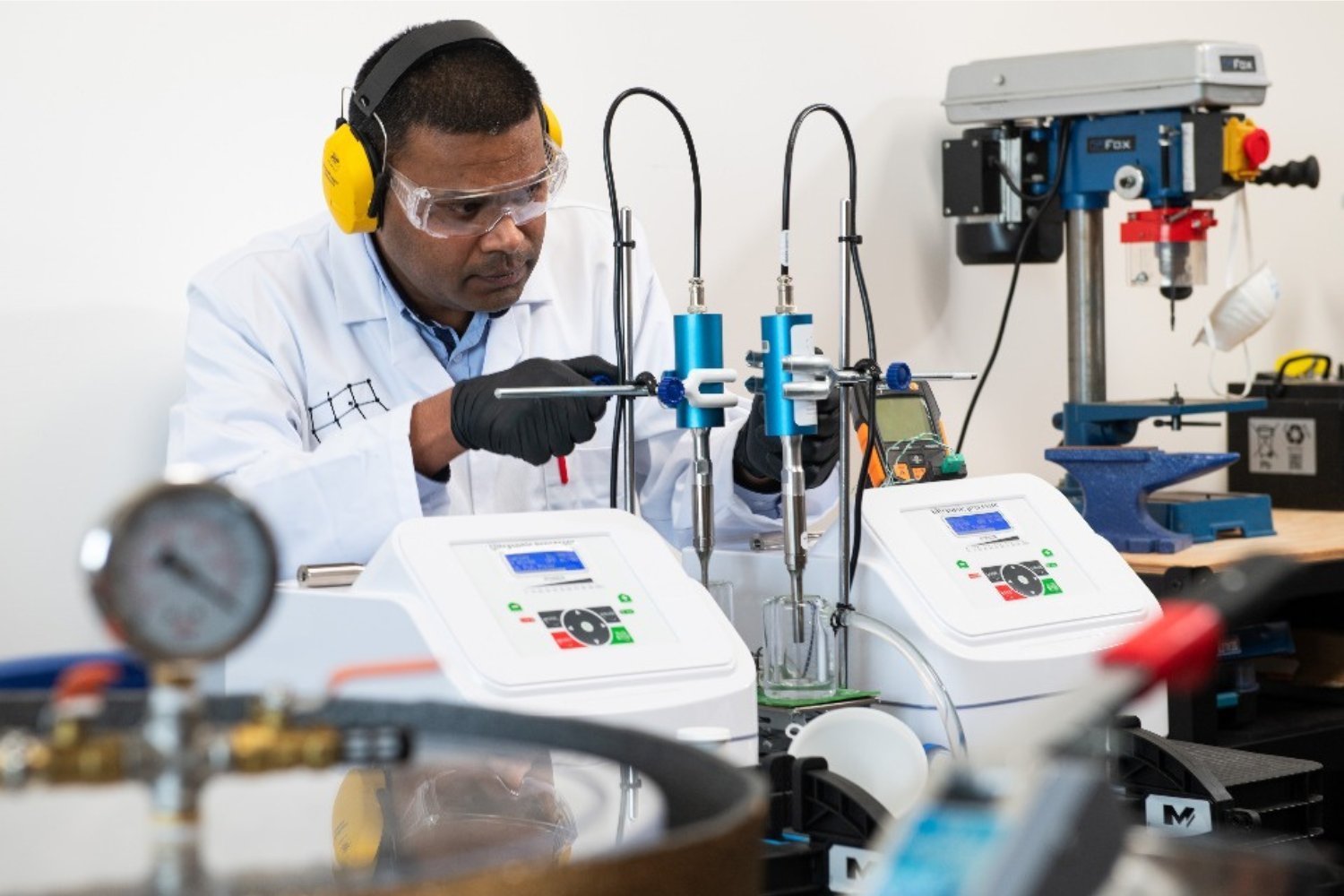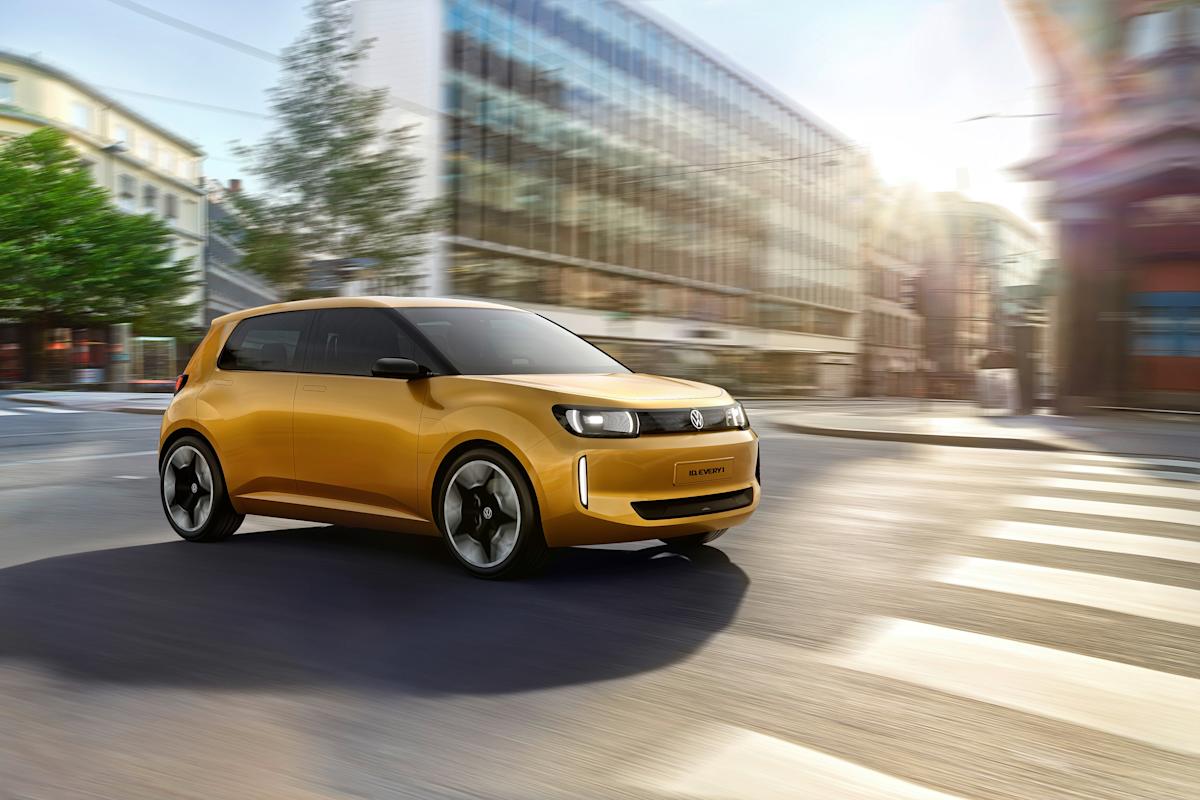NASA’s Artemis mission is working towards establishing a long-term human presence on the Moon by the end of the decade. To achieve this goal, space agencies must focus on the basic necessities of human survival, including food, water, and shelter. In line with this objective, a team of researchers from a British tech company has been awarded £150,000 ($194,070) for developing a novel system to provide clean drinking water on the Moon.
Their innovative SonoChem System took first place in the international Aqualunar Challenge, a competition sponsored by the UK Space Agency and organized in collaboration with the Canadian Space Agency and others. The challenge aims to drive technological innovation for future lunar habitation, with a specific focus on accessing clean drinking water on the Moon. The UK Space Agency announced the winners in a statement released on Thursday.
According to Meganne Christian, chair of the Aqualunar Challenge judging panel, “Astronauts will require a reliable supply of water for drinking, growing food, oxygen for air, and hydrogen for fuel.” Christian, who is also the Reserve Astronaut and Commercial Exploration Lead at the UK Space Agency, added, “It’s estimated that 5.6% of the soil, or regolith, around the Moon’s south pole is water frozen as ice. If we can successfully extract, separate, and purify this ice, it could make a crewed base viable.”
Led by Lolan Naicker, technical director at Naicker Scientific, the winning team developed a type of lunar microwave that purifies water extracted from lunar ice. The SonoChem System utilizes sound waves to create bubbles in the lunar water, which produces high temperatures and pressure, resulting in the formation of unstable, chemically reactive atoms called free radicals that decontaminate the water.
Naicker explained the challenges of extracting water from lunar ice, saying, “Imagine trying to extract frozen water from the soil in your backyard in the middle of winter. Now imagine doing it in an environment that is -200°C, a near-perfect vacuum, with low gravity, and limited electrical power. That’s what we’ll have to overcome on the Moon.” He also noted that if the SonoChem System can function successfully on the Moon, it could also be used on Mars or in remote areas on Earth with limited access to clean drinking water.
The first-place runners-up include a father-and-sons team that developed a three-step water-filtration method for constant drinking water, and a team from Queen Mary University of London that uses a reactor-based approach. The challenge awarded the runners-up £100,000 ($129,380) and £50,000 ($64,690), respectively.
Patrick Vallance, the UK’s Science Minister, commented, “Many of these ideas have the potential not only to fuel future space exploration but also to improve lives and address water shortages on Earth, mitigating the impacts of climate change as we work towards a net-zero future.”
Technologies like the SonoChem System are gradually turning science fiction into reality. The concept of a lunar base, reminiscent of Clavius Base from 2001: A Space Odyssey, is becoming increasingly plausible.
Source Link





